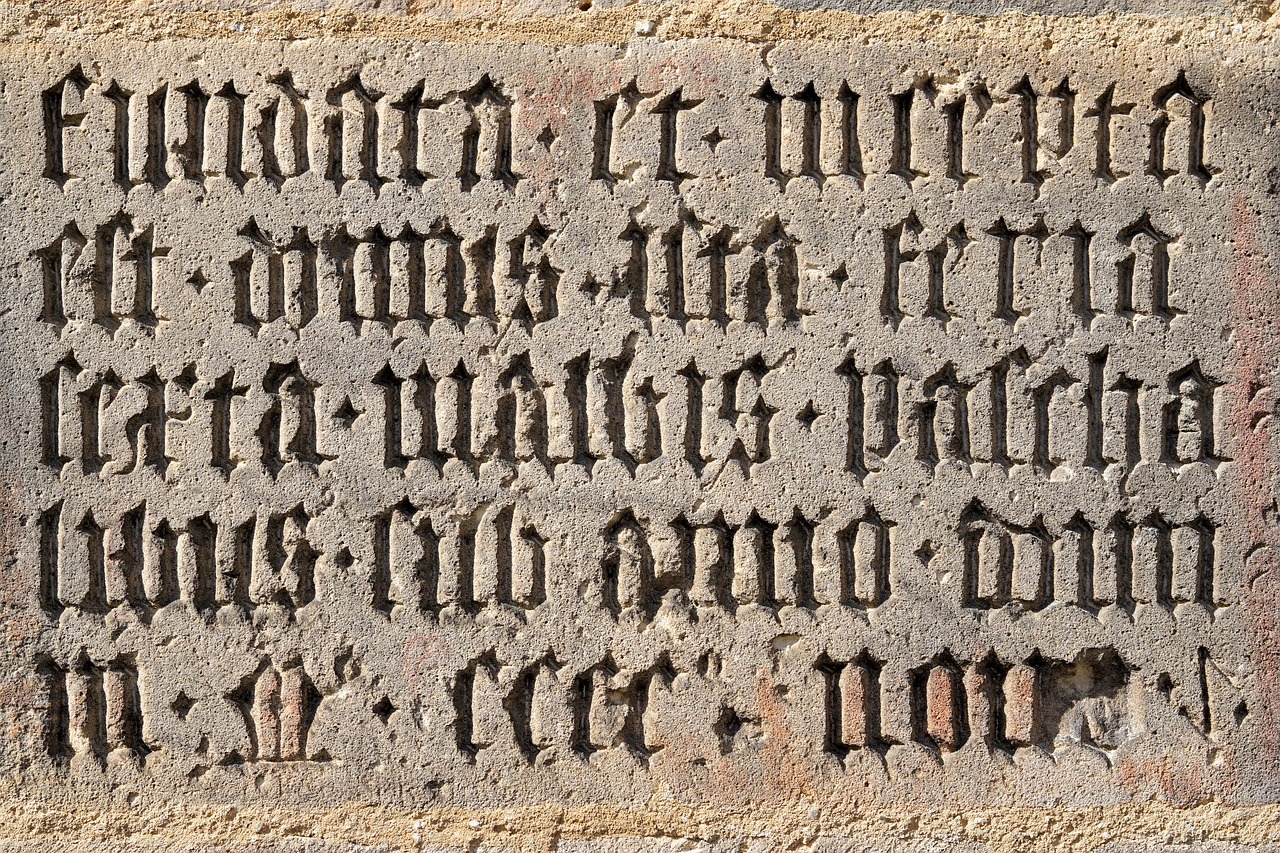Latin used to be the common academic language in Europe throughout centuries. Even though Latin started to fall out of use From the 18th-century and authors started using their native languages to write books or proceedings, many Latin abbreviations continued to be used because of their precise simplicity and Latin's status. According to Cicero's quote:
"Non enim tam praeclarum est scire Latine quam turpe nescire.” (It is not so excellent to know Latin, as it is a shame not to know it.)
Below are listed traditional Latin abbreviations. Nearly all the abbreviations mentioned here have been adopted by modern English.

| abbr | Latin | Meaning | Usage |
|---|---|---|---|
| AD | Anno Domini | "in the year of the Lord" | The AD or the Christian calendar era is based on the traditionally reckoned year of the conception or birth of Jesus, with AD counting years after the start of this epoch, and BC denoting years before the start of the epoch. |
| a.i. | ad interim | "temporarily" | Used in business organizational charts |
| A.M. | ante meridiem | "before midday" | Used on the twelve-hour clock to indicate times during the morning. |
| c., ca., ca or cca. | circa | "around", "about", "approximately" | Used in dates to indicate approximately. |
| Cap. | capitulus | "chapter" | Used before a chapter number of laws of the United Kingdom and its former colonies. |
| Cf. | confer | "bring together" and hence "compare" | Confer is the imperative of the Latin verb conferre.Used interchangeably with "cp." in citations indicating the reader should compare a statement with that from the cited source. |
| Cp. | ceteris paribus | "all other things being equal" | Commonly used in economics, ceteris paribus allows for supply and demand models to reflect specific variables. |
| CV | curriculum vitae | "course of life" | A document containing a summary or listing of relevant job experience and education. |
| cwt. | centum weight | "Hundredweight" | cwt. uses a mixture of Latin and English abbreviation. |
| D.V. | Deo volente | "God willing" | This was often used in conjunction with a signature at the end of letters. It was used in order to signify that "God willing" this letter will get to you safely, "God willing" the contents of this letter come true. |
| DG, D.G. or DEI GRA | Dei gratia | "by the grace of God" | A part of the monarch's title, it is found on all British and Canadian coins. |
| id. | idem | "the same (man)". | It is used to avoid repeating the name of a male author (in citations, footnotes, bibliographies, etc.) When quoting a female author, use the corresponding feminine form, ead. (eadem), "the same (woman)" |
| etc. | et caetera | "and the others", "and other things", "and the rest". | Other archaic abbreviations include "&c.", "&/c.", "&e.", "&ct.", and "&ca." |
| et al. | et alii, et alia, et alibi | "and others", "and co-workers", "and other things", "and other places" | "Etc." should not be used for people. |
| e.g. | exempli gratia | "for example", "for instance". | Example: products imported from many countries, e.g., France, Germany, and Japan! |
| fl. | floruit | "flourished" | Followed by the dates during which the person, usually famous, was active and productive in his/her profession, as opposed to the person's dates of birth and death. |
| f. (singular) ff. (plural) | folio/foliis | "and following" | This abbreviation is used in citations to indicate an unspecified number of pages following the specified page. |
| ibid. | ibidem | "in the same place (book, etc.)" | The abbreviation is used in citations. |
| i.a. | inter alia | "among other things". | Example:a collector who had, inter alia, 900 engraved gems, 59 marble busts, and over 2,500 coins and medals. |
| i.e. | id est | "that is", "in other words". | Example:The cough may last for a short period of time—i.e., three to five days |
| lb. (singular) lbs. (plural) | libra | "scales" | Used to indicate the pound (mass). |
| M.A. | Magister Artium | "Master of Arts" | A postgraduate academic master degree awarded by universities in many countries. |
| M.O. | modus operandi | "method of operating" | Can refer to one's body of business practices. Also, in criminology, to refer to a criminal's method of operation. |
| N.B. | nota bene | "note well" | Some people use "Note" for the same purpose. |

This work is licensed under a Creative Commons Attribution-ShareAlike 3.0 Unported License.